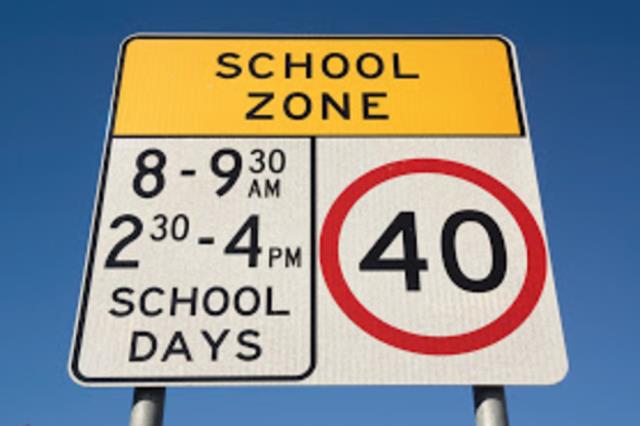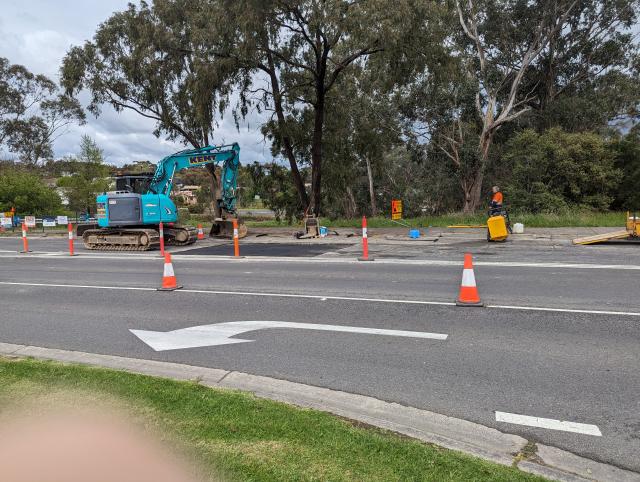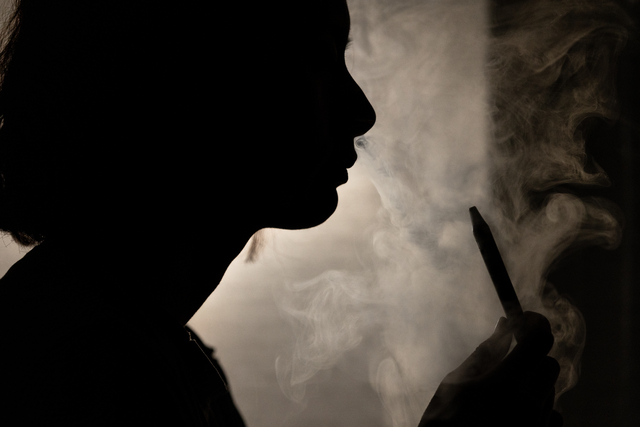By Casey Neill
UPWEY-Belgrave RSL will join veterans across the country next week to commemorate the discovery of Australia’s final Vietnam War missing in action servicemen.
The bodies of the two bomber aircrew were found thanks to the efforts of Boronia’s Jim Bourke.
The 65-year-old established Operation Aussies Home in 2002 to find the remains of six Australian servicemen who went missing during the conflict.
“It was unbelievable,” Mr Bourke said of the discovery.
Last month Defence Personnel Minister Greg Combet announced the final two Australian Defence Force personnel missing in the Vietnam War had been found.
Mr Bourke passed on the news to the families of Flying Officer Michael Herbert and Pilot Officer Robert Carver.
“It was a very emotional conversation,” he said.
“My relief is nothing compared to what most of the family members have got.”
The families will now liaise with the defence department to arrange repatriation.
Investigators located the Royal Australian Air Force Canberra bomber crash site in April and discovered suspected human remains on 24 July.
Vietnamese and Australian forensic specialists identified the remains as those of the missing air crew.
The 24-year-olds were returning from a night-time mission when their Canberra bomber crashed into thick jungle in Vietnam’s Quang Nam Province, which at the time was in South Vietnam, on 3 November 1970.
Sub branch member and Vietnam veteran Leigh Baker said the news would add something to members’ annual commemoration which begins at 12.30pm on 16 August.
“It’s important to us soldiers. There’ll be a few tears shed,” he said. “You really do need to look after your own.
“It really means a lot to us to bring the last two home.”
Mr Baker moved to the hills six years ago and became the fifth Vietnam veteran to join the Upwey-Belgrave sub branch.
“It was important for us to get together to help sort out our own individual problems,” he said.
“It’s sort of a self-help thing.”
The 64-year-old said soldiers who returned from the Vietnam conflict did not have the support mechanisms of other wars.
He said units were smaller and more fragmented. “I was the only Victorian in my group. Consequentially, when I came back there was no one to talk to,” he said.
“It was not really acceptable when we came back to tell people we were Vietnam veterans.
“With no one else to talk to about it, the pressure builds up.”
The sub branch has now held its annual service for about 10 years and has 37 Vietnam veterans.
Mr Baker said the service was also an opportunity for veterans’ wives and children to talk to other loved ones with similar experiences.
Salute to missing crew
Digital Editions
-

School zones return for Term Three
Drivers on the road in the mornings and afternoons are urged to take care as school zone speed limits are in place again this week…





